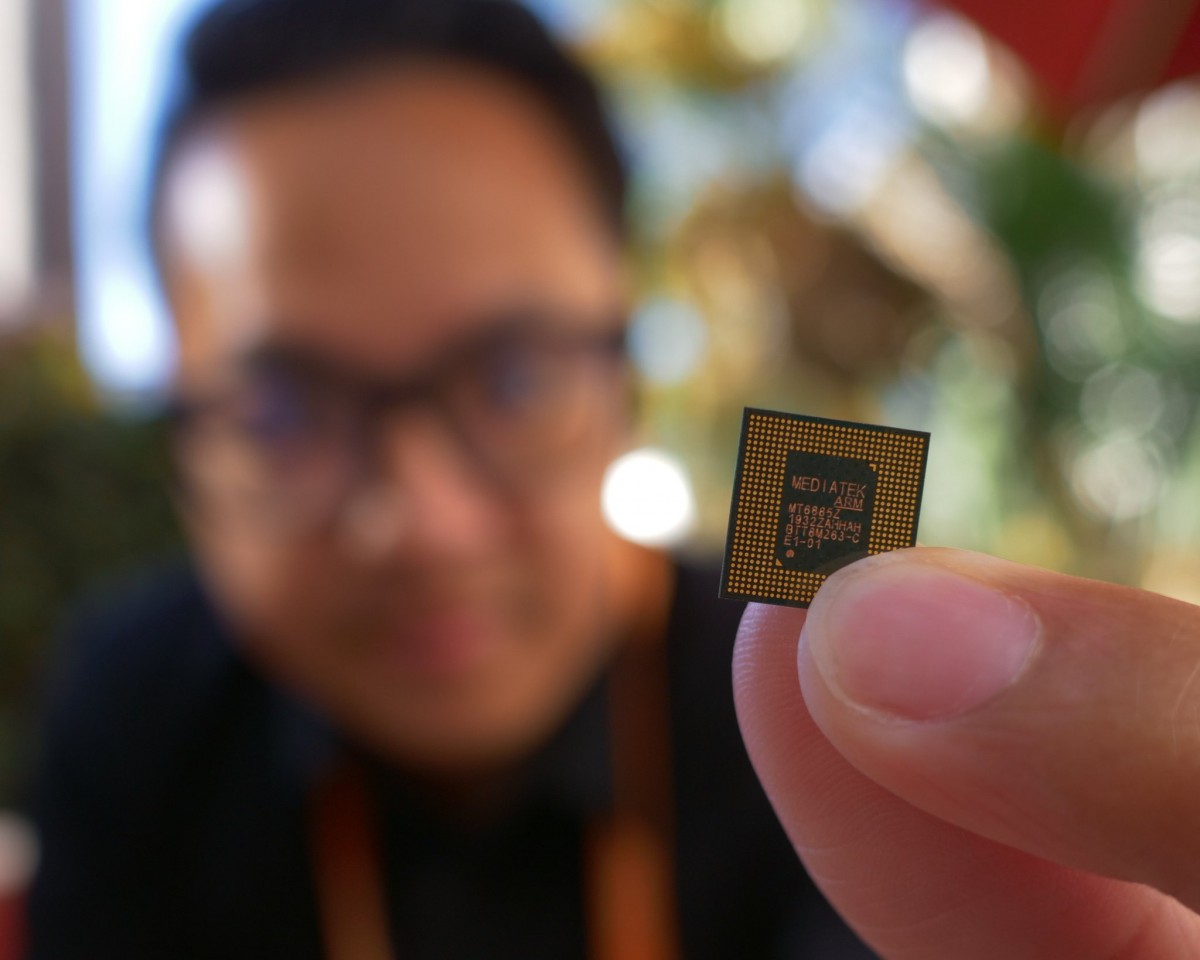MediaTek is actively working on revamping its chipset lineup to grab back the market share, especially in the mid-range and low-end segment that the company lost to Qualcomm in the past couple of years.
In line with that, the company has been working on a 5G chipset for the mid-range and low-end devices and it seems that the Taiwanese company is all set to make it official this month. As per the reports, MedaiTek could launch its 5G chipset on 26th November.

The company’s efforts seems to be paying off with the revamped lineup of chipsets. It recently launched the Helio G-series chipsets — MediaTek Helio G90 and G90T, which are aimed at gaming devices. The Redmi Note 8 Pro smartphone is using this chipset and has received good reviews.
Now, the company is eyeing the 5G market, which is said to be the next big thing for the smartphones. With every smartphone maker working on a 5G device, MediaTek seems to be making sure that it has chipsets with 5G support in the mid-range segment to sore up its market share.
Currently, the integrated chipsets in the market are for the premium flagship smartphones and thus, it is limited to a certain section of customers. With 5G chipsets being available for mid-range devices, there’s expected to be mass adoption for this next-gen communications technology.

Not only MediaTek, Qualcomm and Samsung also in the race to launch mid-range chipsets with support for 5G communication technology. The South Korea-based Samsung has already announced Exynos 980 which will be powered Vivo X30 launching next month.
Anyways, coming back to MediaTek, it is speculated that the upcoming 5G chipset from the company has the MT6885Z designation. It is expected to based on 7nm silicon, and the company has likely partnered with Oppo and Vivo along with Redmi.
The MediaTek MT6885 is expected to include Cortex-A77 CPU and Mali-G77 CPU cores, sub-6 GHz frequency support, third-generation AI processing engine and camera support of up to 80 MP and 4K 60fps video recording. The chipset is already said to be in mass production and should start shipping to manufacturers in Q1 2020.
